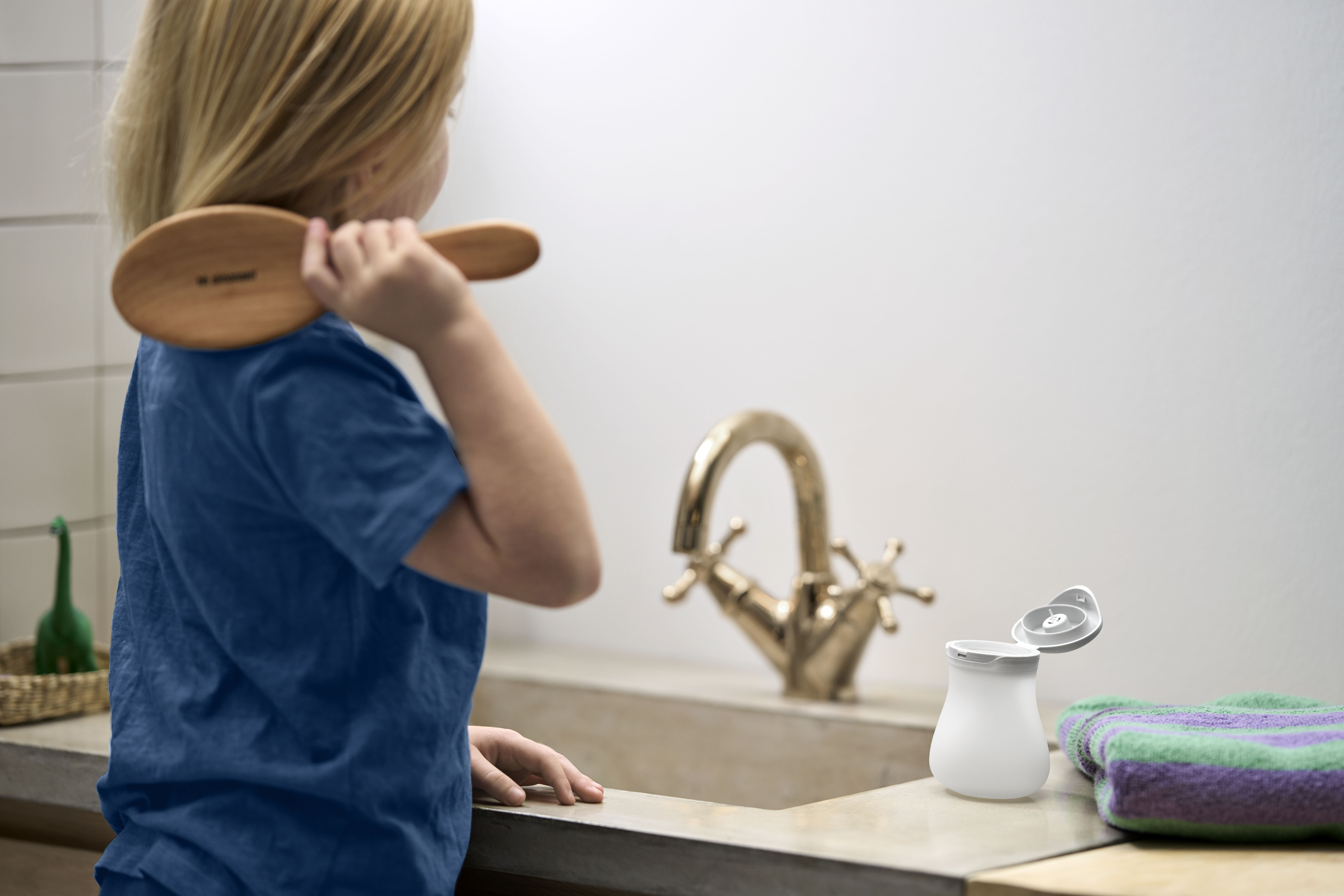Reviewed by Sue Frost and Michelle Henderson
This randomised controlled trial recruited 45 patients with major low anterior resection syndrome (LARS). 22 were randomised to receive transanal irrigation (TAI) alongside conservative therapy, and 23 patients in the control group received conservative therapy alone. Due to Covid and other issues, 17 patients started TAI. Patients were followed up over 12 months.
After only two weeks, patients using transanal irrigation were already expressing positive comments about the treatment. The benefits of irrigation were evident after six months, with a significant improvement in symptoms reflected in a reduced LARS score. This improvement was maintained, and quality of life had also significantly improved by 12 months compared to the control group. In fact, for those who irrigated, their LARS score shifted from major to minor, whereas, for the control group, their LARS score remained major, suggesting little or no improvement in symptoms.
The study confirms with clinical experience that TAI reduces symptoms and improves quality of life for patients with major LARS. Ninety-four per cent (16 patients) were compliant with using TAI for the duration of the study (12 months). Symptoms of major LARS persisted for those receiving standard conservative therapy.
The results from this study may help healthcare professionals understand the benefits of irrigation, which may support them in discussing and offering this treatment to patients with LARS.
Learn more about our full range of rectal irrigation products here.
Pieniowski E.H.A, Bergström C.M et al (2022) A Randomized Controlled Clinical Trial of Transanal Irrigation Versus Conservative Treatment in Patients with Low Anterior Resection Syndrome After Rectal Cancer Surgery. Annals of Surgery Published Ahead of Print . DOI:10.1097/SLA.0000000000005482







